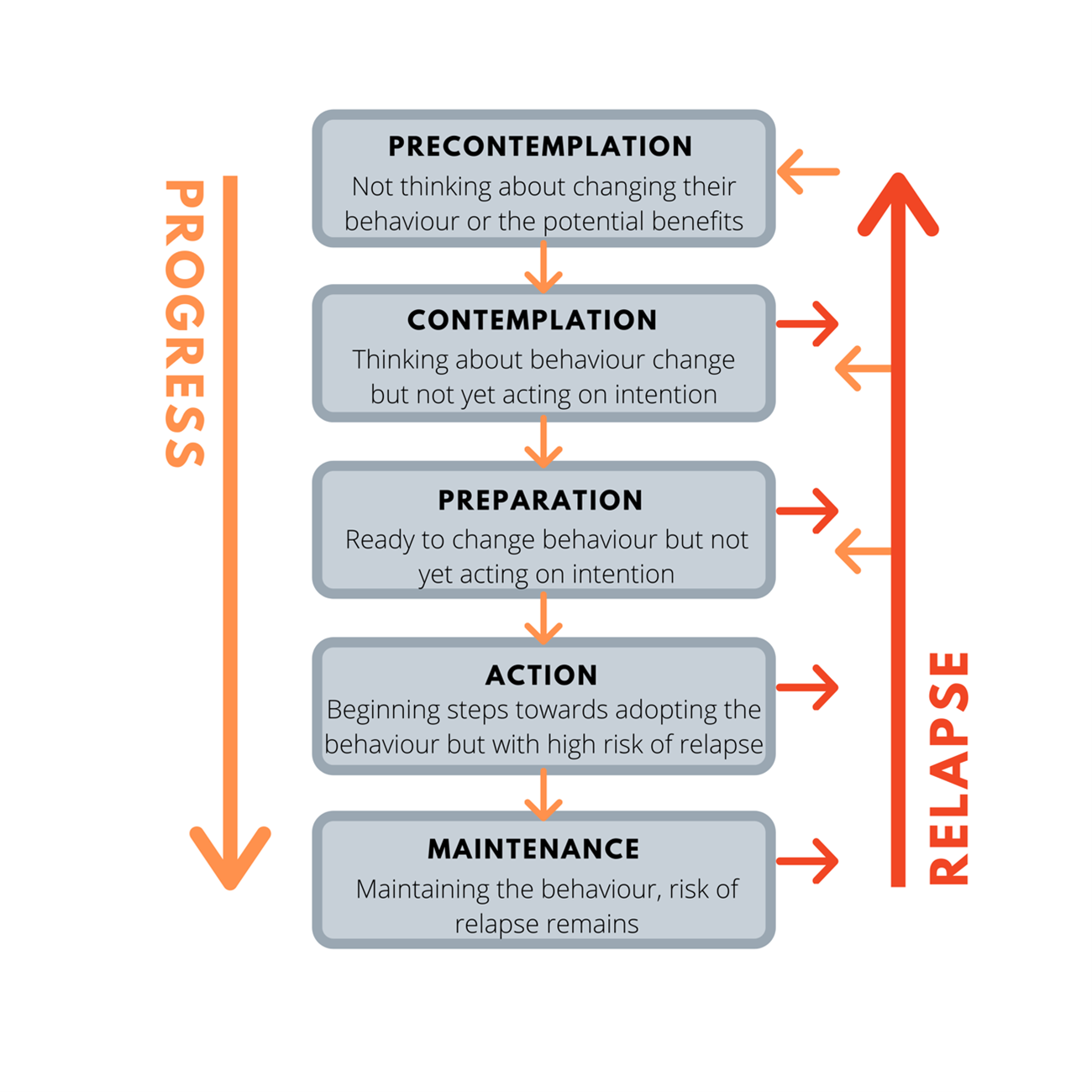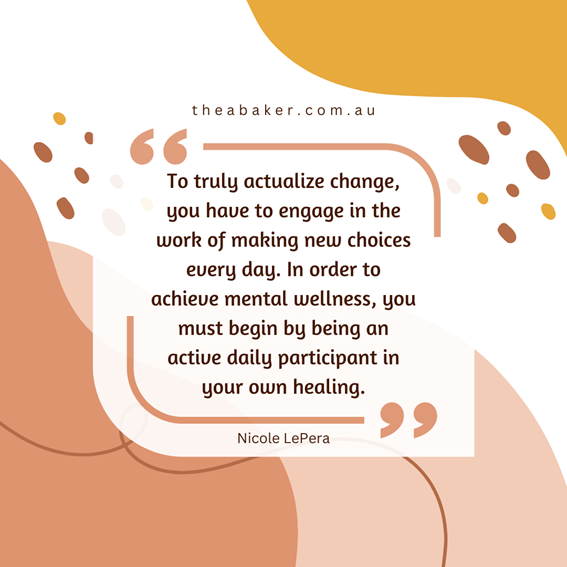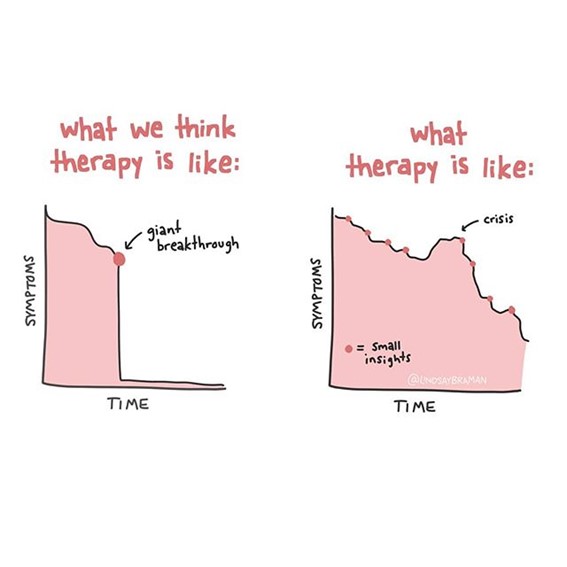DOING therapy
DOING therapy
If I didn’t believe that all my clients were capable of change, I really couldn’t do my job! Human behaviour change is at the core of my work. And as a curious observer of human behaviour (kind of goes with the territory), I find the actual process of therapy absolutely fascinating. I often catch myself reflecting on what is actually happening in the moment when I’m working with an individual or couple – I guess all therapists do it – but I think it’s an important skill that we develop over time. I also believe it is part of a bigger reflective practice that encourages me to hone my craft and expertise as a Psychotherapist, and I take that very seriously.
It’s an interesting concept though, seeking out and engaging in counselling with someone – and I’ve written before about how important it is to find the right therapist for you (a bit like finding a hairdresser who gets just how to work with your unique hair + the style that you’re looking to create). For those interested in the idea of behaviour change there’s a whole bunch of research about understanding when a person is actually READY to engage in the work, and in fact one of the things we therapists are on the lookout for is someone’s readiness for therapy. There’s a model for it and everything – The Transtheoretical Model, Prochaska & DiClemente (1983):

People can (and do) hang out in the ‘pre-contemplation’ and ‘contemplation’ stage for AGES, sometimes years. Clients rarely start therapy at that point – though their friends and family might be nudging and urging them to! I usually get to meet clients around the ‘preparation’ stage when THEY have decided it’s the right time – when they have the emotional energy, time, money to ‘do the work’.

This is an interesting phrase and I’ve speaking to over the last few years – does therapy feel like work or is there maybe a better way of expressing what it feels like to actually work on our sh*t. I’ve done my fair share of time on the other side of the room – in the client’s chair. I worked with my first Counsellor at 16 years old and have seen I think six or seven different therapists since then (might have lost count actually). I know what it’s like to ‘do the work’ – I’m still working on it. I love that going to a therapist is becoming much less stigmatised, even trendy in some spaces / with some generations, however we still don’t view mental health in quite the same way that we do physical health.

Therapy, you see is a DOING word. And that’s why I think we often use that default phrase, ‘doing the work’. You see it’s all very well and good finding a therapist that you like and connect to, attend your sessions diligently and even actually resonate with the suggestions and strategies they share with you. Therapy requires ACTION. It’s a bit like going to see a physiotherapist after a hip replacement – if you don’t practice the exercises, remind your muscles multiple times a day how to (re-)connect to your brain and each other again you simply fail to progress. Doing therapy isn’t like a magic-wand experience – how awesome it would be if I had a stick that I could wave and literally erase people’s psychological pain – alas it involves consistent input from us both.
Doing the work can look a little like this:
- Taking time to reflect on what you’ve learned in session – maybe even using a reflective journal practice to make notes of any ‘ah-ha’ moments
- Practicing new ways of thinking, speaking and being – firstly in session then outside with people in our lives
- Learning to be comfortable with your emotions – noticing, naming, and sitting with them
- Putting in place healthy boundaries (and enforcing them)
- Engaging with others in new, more healthy ways
If you are ready to start DOING therapy we have a team of experienced therapists at Thea Baker Wellbeing – please reach out to us at: hello@theabaker.com.au / 03 9077 8194.
